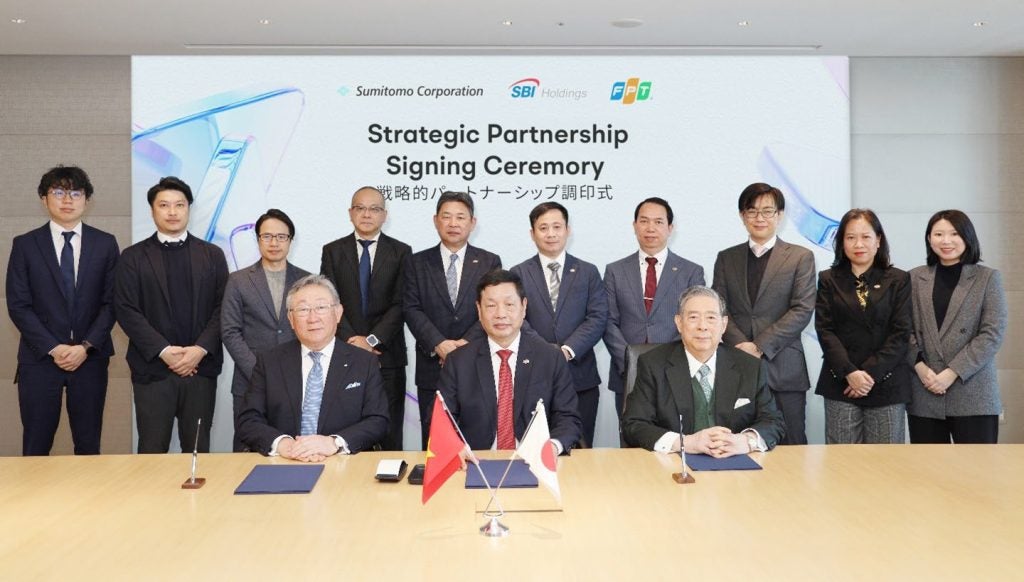
American tech major IBM is set to close a hardware research and development team in China, impacting less than 1,000 employees, reports Bloomberg.
This move comes amid escalating geopolitical tensions between the US and China.
It also reflects a broader trend of companies reassessing their presence in the region.
The affected team, which focuses on server and storage technology, will see its job functions transferred to other countries, notably India, the sources said.
“IBM adapts its operations as needed to best serve our clients, and these changes will not impact our ability to support clients across the Greater China region,” a spokesperson was quoted by the publication as saying.
This shift is part of a larger pattern of businesses, including Wall Street firms such as Morgan Stanley, moving operations away from China due to an economic downturn, increased regulatory scrutiny, and a push for domestic technologies.
According to Bloomberg Intelligence analyst Anurag Rana, the development shows “the diminishing importance of the region for US tech firms as local clients increasingly opt for home-grown providers.”
He also mentioned that this strategy is indicative of IBM’s intent to enhance profit margins.
The sensitivity of hardware in the context of US-China technological competition is heightened as both nations vie for dominance in sectors ranging from semiconductors to artificial intelligence.
Beijing is cultivating national tech giants such as Huawei Technologies to mitigate the impact of US restrictions on its long-term development and global influence.
IBM’s strategy adjustment follows reports that Chinese entities are using cloud services from companies such as Amazon to indirectly utilise advanced US AI technology, which is otherwise subject to export restrictions.
While this approach does not contravene US regulations, it circumvents direct technology transfers.
The US has specifically prohibited the export of NVIDIA A100 and H100 chips to China, which power advanced AI models akin to OpenAI’s ChatGPT.
These regulations, implemented by the US Commerce Department in 2022, prevent the shipment of chips with potential military or AI applications to Chinese companies.







